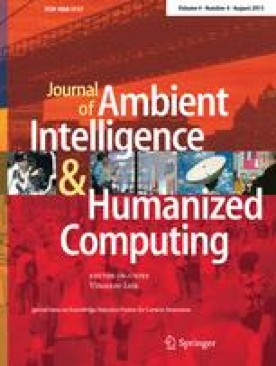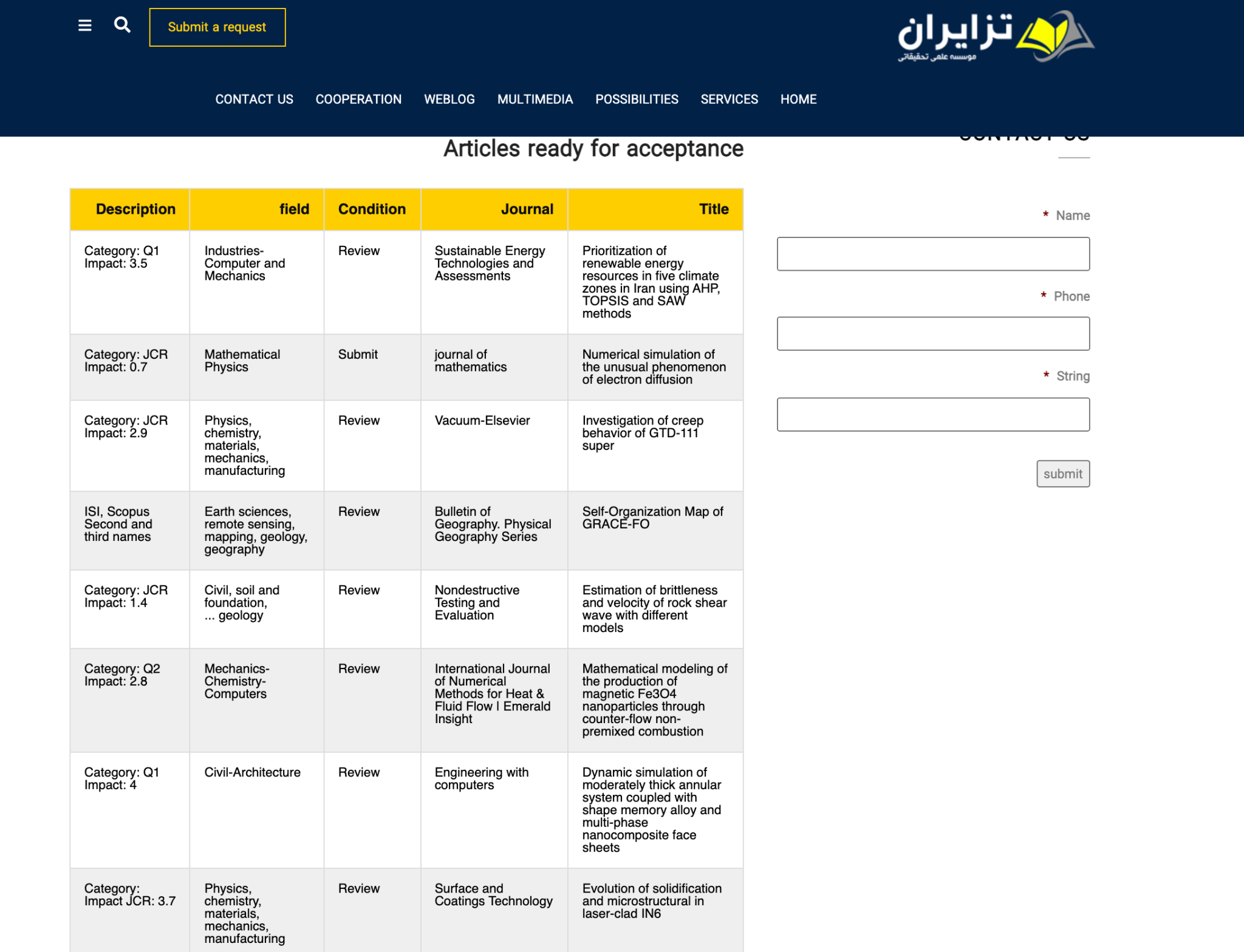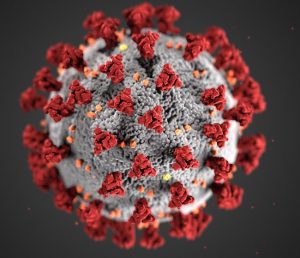Perhaps the Journal of Ambient Intelligence and Humanized Computing needs to look for a different kind of smarts.
The journal – a Springer Nature title – has just retracted 51 papers. The episode is the latest in a string of high-volume retractions by major publishers of papers included in special issues. In at least five cases, editors have claimed that their peer review processes were scammed by what some have called rogue editors.
All of the Journal of Ambient Intelligence and Humanized Computing retractions begin this way:
Continue reading Journal about ‘ambient intelligence’ retracts more than 50 papers at once







